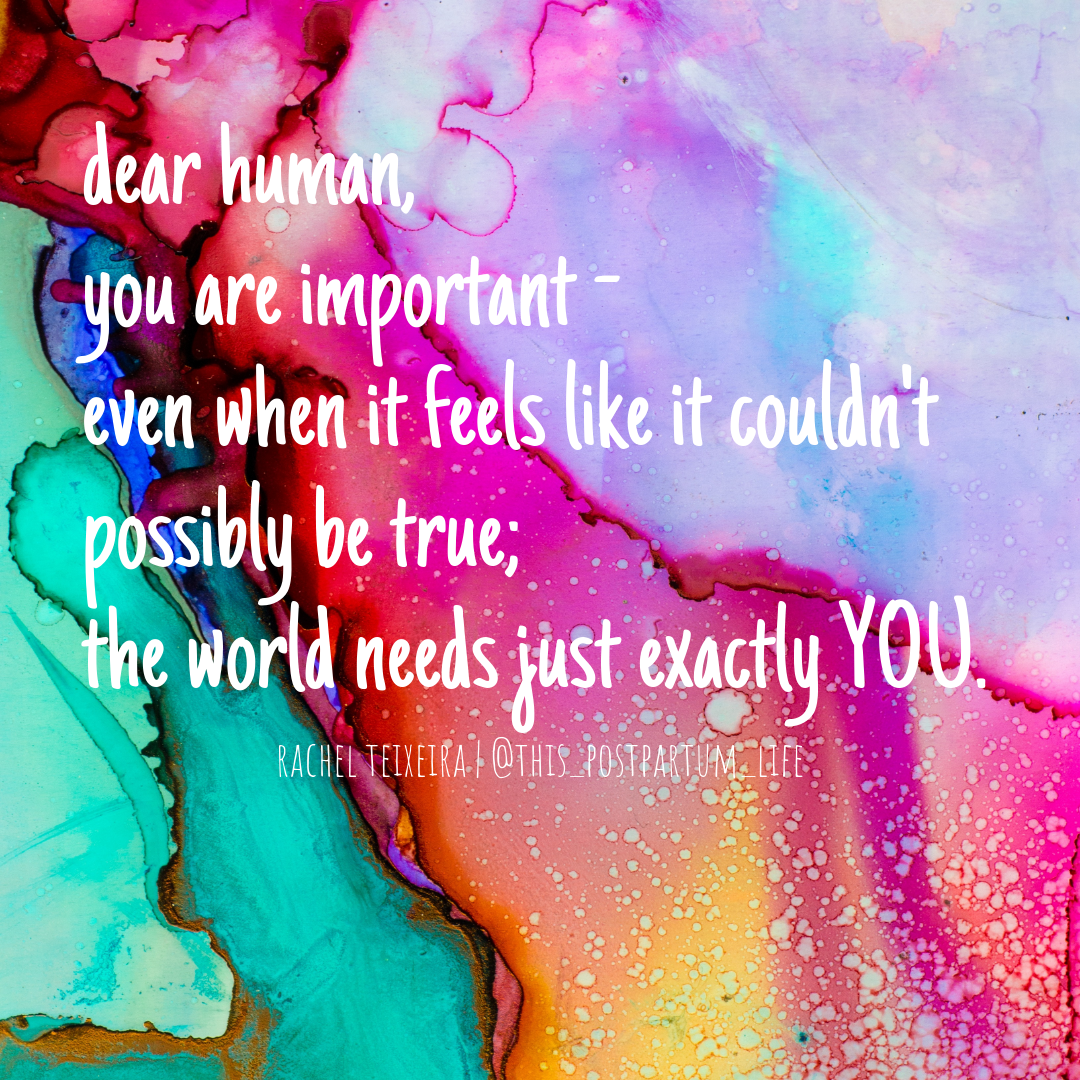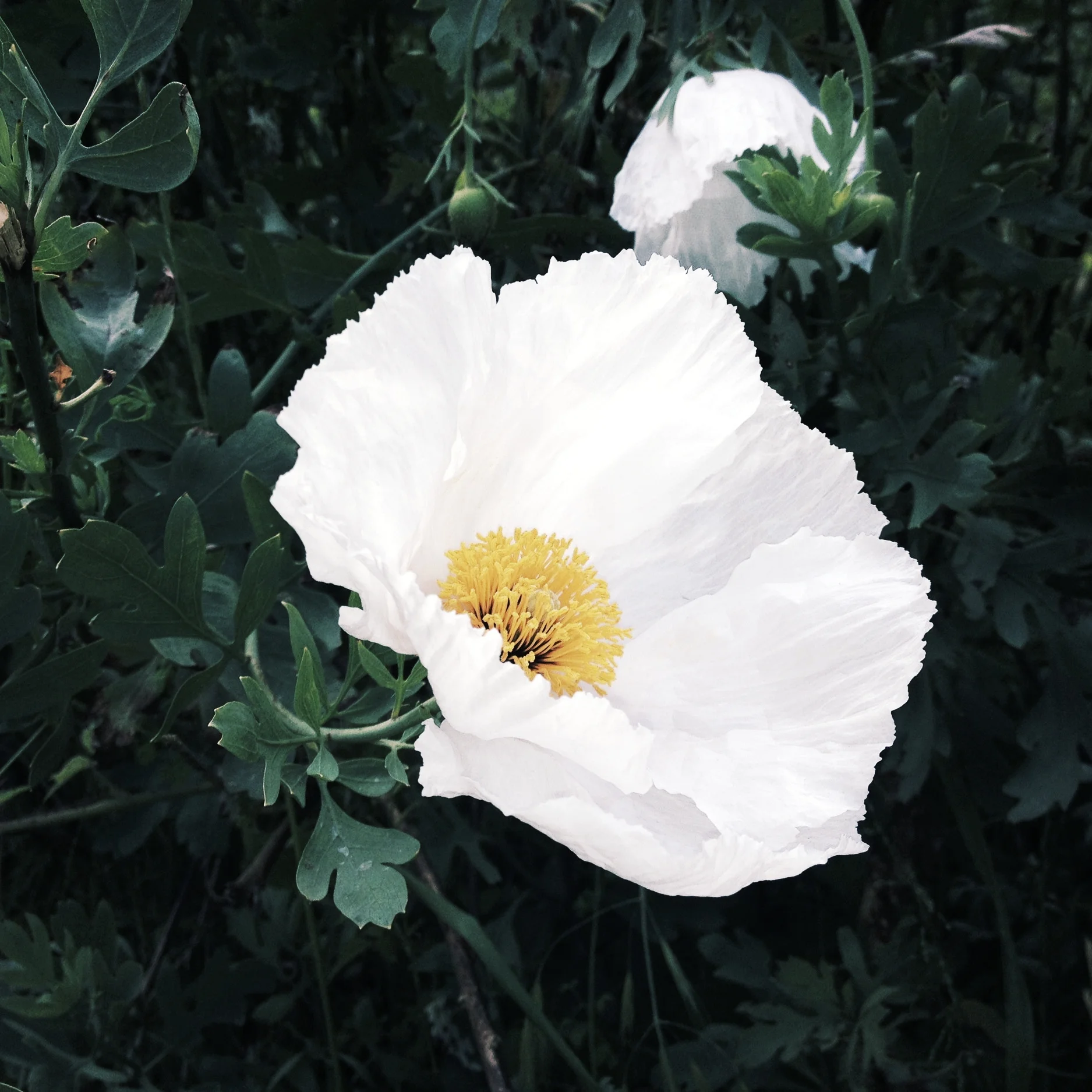Getting Out Alive: Surviving Postpartum Depression
If you or someone you know is having suicidal thoughts or thoughts of harming themselves or others, please reach out for help.
I remember standing in the kitchen, shaking my head in disbelief, “I just can’t understand how anyone with kids could do that”.
It was early June 2018. I was pushing eight months pregnant with our second child. Summer heat waves had started their rhythmic steady insidious crescendos. Life, too, had been peppered with tests of resilience, perseverance, and fortitude. And I stood in my kitchen, stunned at the suicides of Kate Spade and Anthony Bourdain.
Death. As a hospice nurse, I was surrounded with it on almost a daily basis. Death by old age. Death by cancer, in all its cruel forms. Death that came fast. Death that came slow. And, sometimes, death in chosen time; a compromise to the inevitable.
I struggled with depression and anxiety on and off in my life. Suicidal thoughts entered my mind during some of the darkest times. But since having my first child I couldn’t fathom being so overcome that even the guilt of leaving them motherless wouldn’t stop me. It seemed impossible.
Until it didn’t.
Postpartum depression snuck up on me and hit me like a ton of bricks. Anxiety echoed in the hollows of apathy. Rage sparked from embers of a fire that had all but gone out. Tears fell hot despite icy irritability. I felt nothing and everything. I battled and surrendered simultaneously a thousand times a day in my mind. I was fighting for me and fighting…me.
Confused, exhausted, angry, frustrated, purged of every tear possible to cry I finally understood how someone with kids could do that. How someone especially with kids could do that. How a mother could do that. How I could do that.
Over the last 2 weeks, how often have you been bothered by…thoughts that you would be better off dead or of hurting yourself in some way?
o Not at all o Several days o More than half the days o Nearly every day
My pen hovered over this last ominous line of the Patient Health Questionnaire (PHQ-9). I was sweating from the effort of getting my six week old in and out of the car for my postpartum check-up; it was over 100 degrees for the god-knows-how-many day in a row. The air was thick with smoke from nearby fires. I choked back tears. Never had I felt so desperate and yet so cautious. Never had I felt the weight of measuring honesty with consequence. Was it worth it? What was just the right amount of honest to get me help without tipping the scale too far? As a nurse, the accuracy of my extrapolation of events was not in question – each box carried a calculated risk. I didn’t want to pass. I wanted to just barely not pass. Seeking validation and not a 5150, I checked Not at all with just enough feigned confidence to momentarily convince even myself.
I left with a prescription for Zoloft. I wanted help but maybe not that kind of help. I bargained my way down to a 25mg per day dose – arguably barely clinically therapeutic – but the stigma of being a medicated mother gnawed at me. I waited two days before I swallowed that first pill. I cried as I picked up the bottle. I looked pleadingly at my husband as I unscrewed the cap wanting there to be some other way; he looked back at me just as imploringly to do something – anything – to get better. My mouth was dry despite the wet of tears on my cheeks, on my lips, on my chest and it took an inordinate amount of water to swallow that first tiny green pill.
Over the last 13 months, the sharpness of my symptoms has smoothed to a near normal. Suicidal thoughts have faded to memories. And I am grateful. I am grateful to be alive. I am grateful that I survived. I am grateful but my heart aches for those who could not escape the darkness. It aches for their families – their partners and parents and children.
The World Health Organization (WHO) reports maternal suicide as a leading cause of death for women in the first year postpartum globally. The rate of maternal death continues to rise in the United States. Emerging statistics show that, like the UK and Japan, the leading cause of maternal mortality is suicide.
This is a public health crisis.
This is a public health crisis.
THIS IS A PUBLIC HEALTH CRISIS.
What, then, must we do?
Timely, accurate, validated screening for postpartum mental illnesses is among the essential first steps. Current screening tools are estimated to miss up to 50% of moms who present with symptoms. There are more than 43.5 million mothers in the United States. That means we are missing up to 21 MILLION moms. That’s three times the population of New York City. Can you imagine if that many people with cancer went undiagnosed? Can you imagine if that many people with heart attacks were missed?
Postpartum depression and other postpartum mental illnesses are the most common complication during the postpartum period. More than preeclampsia. More than hemorrhage. More than infection.
In fact, more women will suffer from postpartum mental illnesses than those diagnosed with breast cancer this year - five times more.
This is a public health crisis.
This is a public health crisis.
THIS IS A PUBLIC HEALTH CRISIS.
Moms are paying the price. Families are paying the price. It can happen to any mom. And we can’t afford to miss.
If you would like to support research to improve screening for postpartum mental illness, please check out this GoFundMe campaign started by my fellow researcher Amanda Gorham, PhDc.






